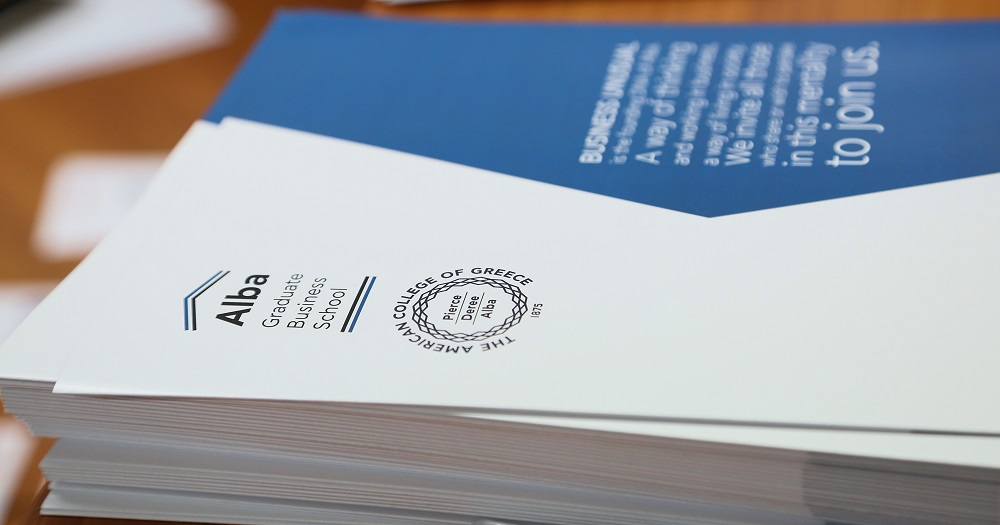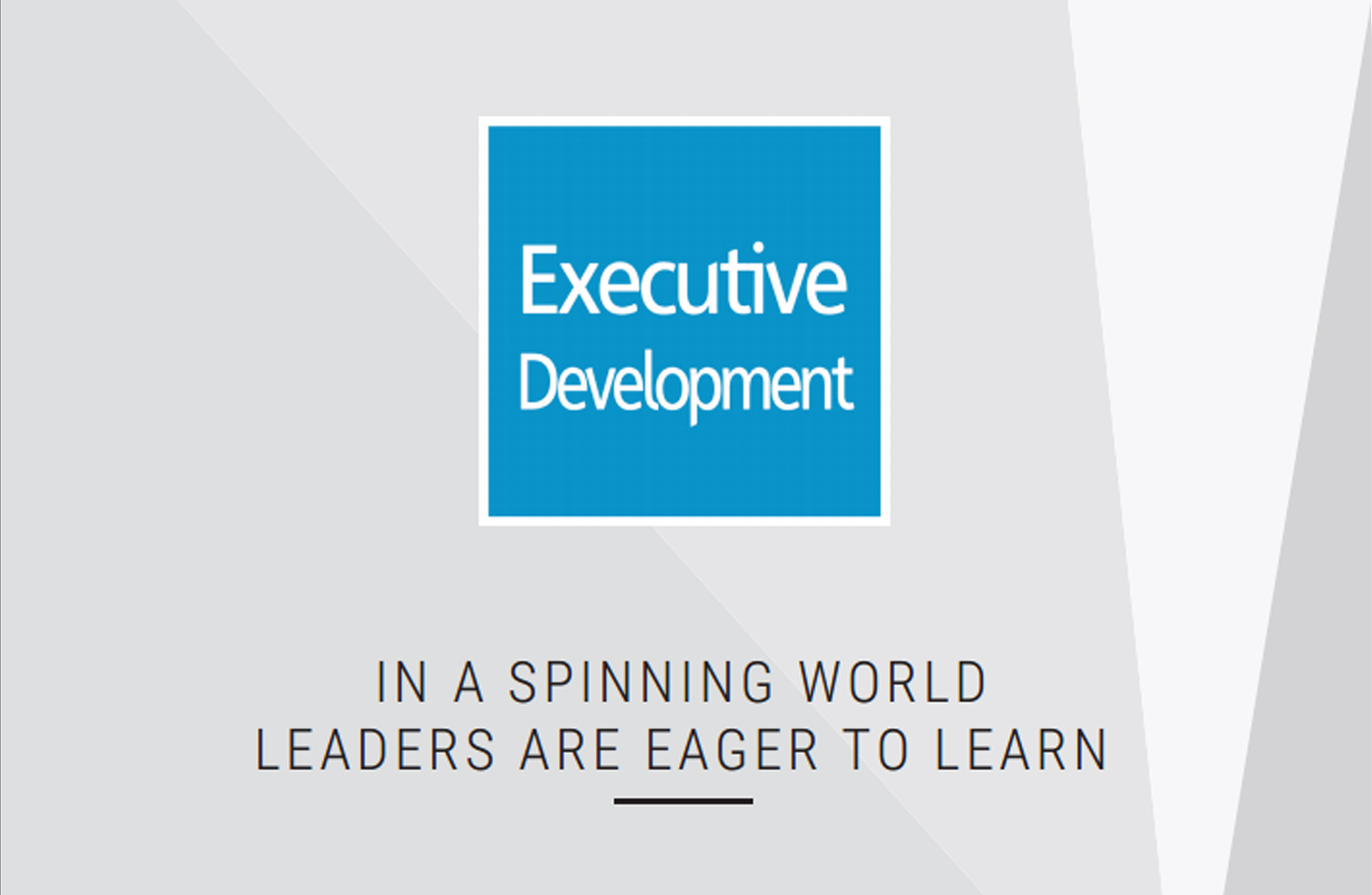Roots Radical – Punk entrepreneurship, alternative visions and mainstream messages
By: Drakopoulou-Dodd Sarah,Associate Professor of Entrepreneurship, Academic Director of AHEAD-ALBA Hub for Enterprise and Development
Studies of the entrepreneur have often been criticized for taking too mainstream, too orthodox, a view of what it means to start and run your own venture. This means that we are promoting a narrow vision of enterprise, excluding people who don’t subscribe to the dominant socio-economic model. To try and find out a little more about alternative visions of enterprise, I carried out a study into the 20-year history of the Punk Rock band Rancid. Rancid were selected due to the band members’ sustained and creative involvement in novel independent economic activity, in music and related fields. As the years have gone by, they have founded their own record label, created their own “merch’ company, launched tours, TV and radio shows, been partners in tattoo parlours, created skateboard ventures, and, always, made music with each other, and beyond. I was sure that this story would have some interesting insights about alternative enterprise visions, and hoped I might uncover some useful messages for mainstream enterprise too.
“The spirit of punk rock involves taking risks. It’s about questioning authority and not subscribing to society’s norms and not falling into the rut and becoming a sheep. Without risks you’ll never discover your potential.” (Lead singer and guitarist Tim Armstrong.
In the 1970s, Punk Rock emerged as a worldwide musical and social movement, which presented from its earliest days a radical alternative vision of economic activity. The Punk DIY (do-it-yourself) ethos requires punk rockers to become active as producers, as well as consumers, making their own music, clothes, magazines and communities. This led to a substantial tradition of independent, alternative “start-ups”, which have lived out an unorthodox form of entrepreneurship. Punk entrepreneurs have created, shared, and made a living from all sorts of ventures, including bands, record labels, shops, band-related artifacts (‘merch’), clothing and art production, fanzines, venues, and touring shows.
“we take a different route. We’re on Epitaph/Hellcat, and our booking agent is an indie, so we’re an indie band even though no one would ever consider us “indie rock.” And we do all our own merchandise — we’re not part of some huge merch company. We print our own T-shirts, so we’re really an indie rock band in the truest sense of the term. And we wouldn’t have it any other way.” (Lead singer and guitarist Tim Armstrong)
The findings of the study did indeed highlight an alternative vision of enterprise. Independence from the mainstream is important for Punk Entrepreneurship, and was based around brotherhood, a rejection of the profit motive, continuing social protest, a strong identification with the working class, and (extreme) art as a mode of communicating and celebrating these values. As rhythm guitairist Lars Frederiksen says “We put all the kind of business shit secondary. We’ve always put the weight on the friendship”.
This form of alternative entrepreneurship is highly grounded in place, with a firm appreciation of local community and cultures. It is also exceptionally relational, and values the bonds not just within the group itself, which is always described as a family, but also with fans (“supporters’), other Punk Rock musicians, especially those from other generations. Having been welcomed into the scene by older musicians, Rancid takes on board the responsibility for nurturing, and promoting, younger punks. Lars maintains “for us it’s kind of an obligation. We’ve got the chance to help new bands, so, of course, we have to do it”. This alternative vision aims primarily for independence and authenticity, rather than for profit or growth. The collective creative processes of writing, performing, producing, promoting, and touring are characterized by dogged persistence, a strong sense of brotherhood and community, and a desire for freedom. Punk entrepreneurship is, too, a practice of critique against the orthodox. In ‘The Highway’, Rancid sing: “this is no set of ideas, this is flesh and blood…I tell the truth that won’t be told, uprising and rebellion, social change”.
I also found that a lot of the alternative visions key characteristics could be seen as contrasting pairs, always held, paradoxically, in tension with each other, as shown in the diagram. For example, being grounded, or rooted, is held in tension with the desire to be always on the move; being part of a brotherhood is balanced with the imperative for personal autonomy; authenticity must be held in harmony with commodification, with making a product for sale; and creative innovation set against belonging to a specific heritage, or tradition. These contrasting pairs, or poles, may also be important for understanding, and managing, mainstream entrepreneurship. Recognizing that trade-offs need to be made along these specific lines allows entrepreneurs to figure out where they want to position themselves at any given point in time. In terms of problem solving, entrepreneurs can map themselves onto the paired poles, and then consider whether, for this issue, at this moment, shifting their position along the pole might offer a strong route forwards. Is it time to consider a more collegiate solution to a problem which is being tackled very independently? Should innovation give way to tradition in this case, or vice versa? Is it time to act locally, or to get out on the road, and look outside your usual environment? Should you be extracting value, or is this a situation where giving back is in order? Do you accept, or protest; stay on the margin, or aim to belong; act with tenderness and care, or move with aggression? These are the dynamics which Punk Entrepreneurs live out every day, constantly juggling ambiguity and paradox. This is the message of their alternative vision for the mainstream.




